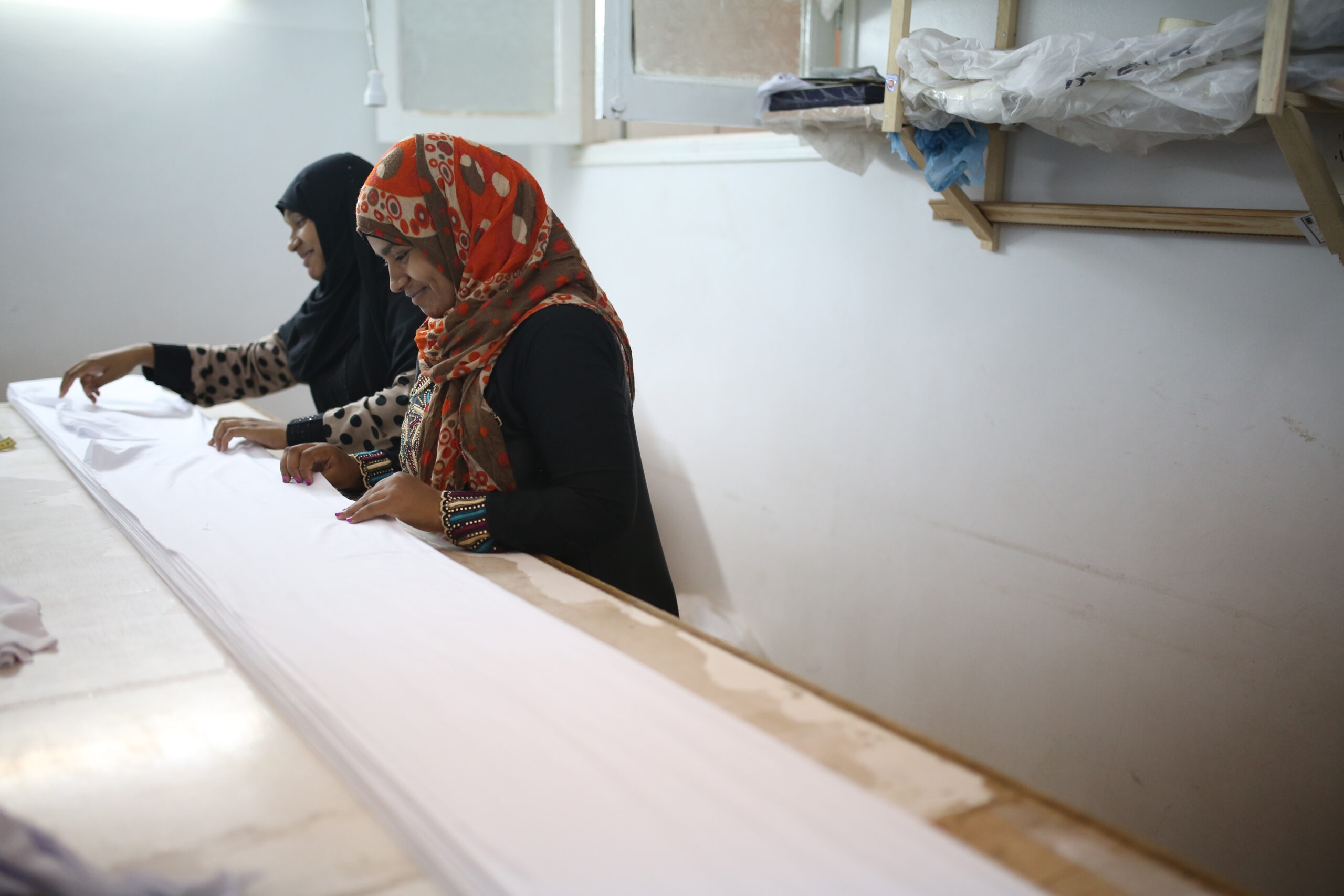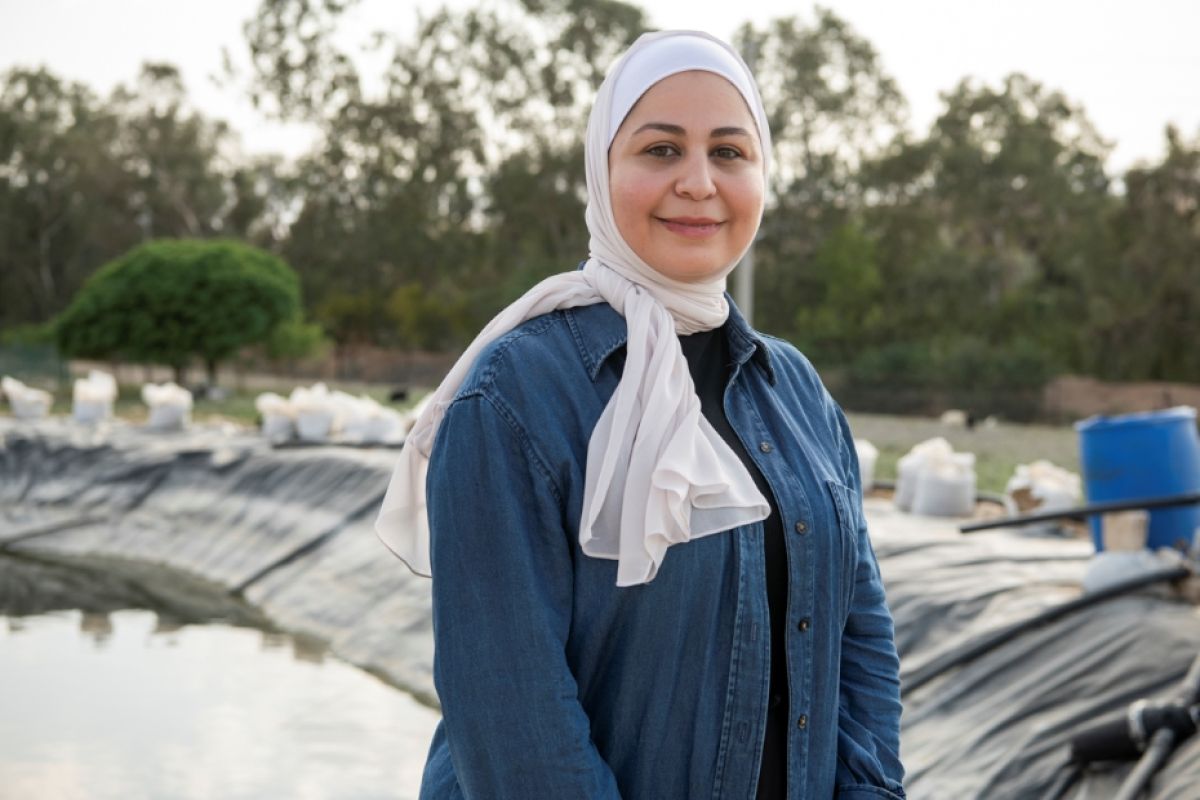Rural renewable energy MSMEs operating to modernize agriculture in Sub Saharan Africa: Barriers, opportunities, and implications for inclusive low-carbon transition
This project aims to explore the transformative potential of rural renewable energy MSMEs in modernising agriculture, by addressing the critical gaps in understanding their adoption of low-carbon technologies, particularly among women and youth. The objective is to generate evidence-based policy recommendations on best practices for overcoming barriers to resilience and adapting MSMEs to climate change, as well as to enhance women and youth’s inclusion in low-carbon agricultural value chains.
It combines a focus on identifying locally-tailored and inclusive policy solutions and deploying rigorous impact evaluation (using experimental or quasi-experimental methods) to understand the barriers to an inclusive, enterprise-led decarbonisation of agriculture. This includes establishing, for each country, the key challenges in adopting renewable energy-based agri-tech solutions, the social inclusion potential of the technologies and the likely scalability of the technologies.
The Partnership for Economic Policy (PEP) and Environment for Development (EFD) will support in-country project teams working in collaboration with agricultural MSMEs and policymakers to design and assess strategies tailored to each country’s unique needs and circumstances.
Women’s leadership and innovative finance: Driving climate resilience and sustainable development
Thursday 20 November 2025
This panel, hosted as part of COP30, will explore how women’s leadership and inclusive financial innovation serve as powerful levers for climate resilience and sustainable development. The session will highlight concrete examples internationally, focusing on the intersection of gender equity, entrepreneurship, and climate action. Panellists: Adel Ben Youssef, Université Côte d’Azur – featured Clean Energy […]
Unlocking the Potential of Small and Medium Businesses and Entrepreneurs in the Clean Energy Transition
3 December 2025
This report highlights outcomes and recommendations from the T20 Side Event ‘Unlocking the Potential of Small and Medium Businesses and Entrepreneurs in the Clean Energy Transition’, held in Johannesburg on 17 October 2025. It presents seven recommendations for concrete steps to turn the G20’s green energy principles into practice, with South Africa’s presidency positioned as […]
Fostering an inclusive energy transition through micro, small and medium-sized enterprises
7 January 2026
Micro, small and medium-sized enterprises (MSMEs) are the main engine of economic growth in the Middle East and North Africa (MENA). The transition to a green economy represents both an environmental necessity and a significant economic opportunity for the region. However, without an intentional focus on gender, this transformation risks reinforcing existing inequalities, rather than […]



